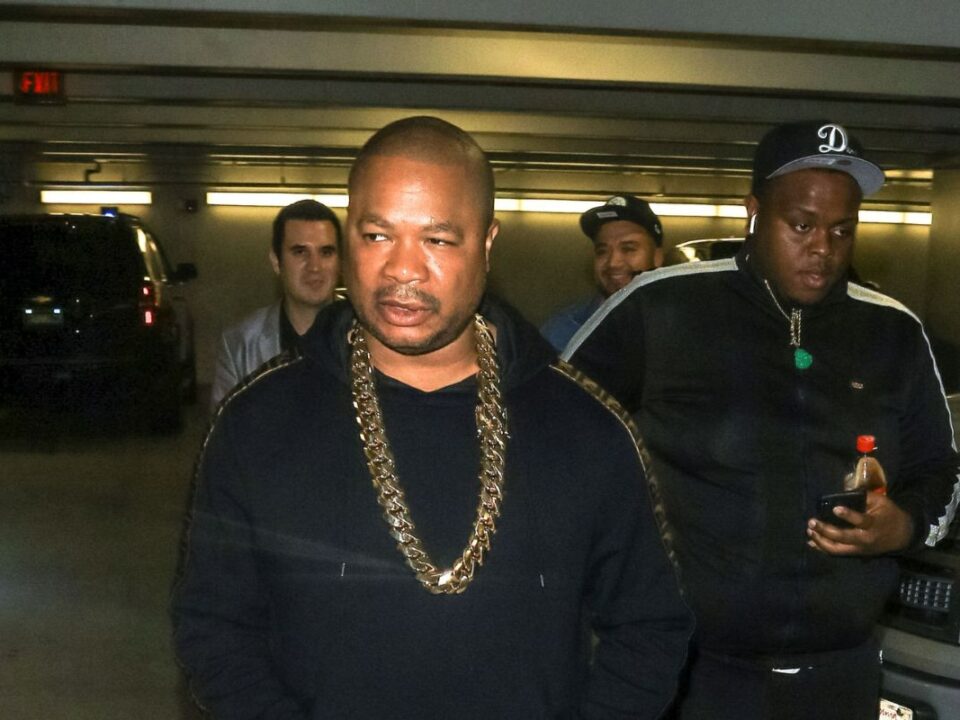Xzibit almost signed with Dr. Dre’s Aftermath Entertainment, worked closely on 2001 and witnessed firsthand the legendary producer’s meticulous approach, he revealed in a recent conversation.
“There was a point where Jimmy [Iovine] and Dre tried to sign me… but Steve Rifkind, who ran Loud Records, said, ‘Xzibit is like my son. We started together, and we’re going to finish together,’” Xzibit said.
Though the contract never materialized, Dre’s influence on Xzibit’s career was undeniable.
Despite not being signed to Aftermath, the rapper benefited from Dre’s executive production on multiple albums—an honor rarely extended to artists outside the label’s core roster.
Xzibit shed light on the precision and discipline Dre demanded during the recording of 2001, the 1999 classic that defined an era of West Coast Hip-Hop. One of the most unusual techniques?
A concept Dre referred to as “mastering the 13th note.”
“Dre put the beat up and told us to stay in the pocket of the ‘13th note’—which is silence. He calls that ‘mastering the 13th note,’ and if you get it right, it changes the whole feel of the track,” Xzibit explained.
Dre’s detailed approach didn’t stop at timing. Every verse had to start with a reference to West Coast rap history.
“He told every MC to start their verse with a classic West Coast lyric. I used ‘Pistol Grip Pump’ by Volume 10: ‘I was raised in a hood called what-the-death!’”
For Xzibit, these sessions were more than just another studio experience—they were a masterclass in musical precision. Despite never officially signing with Aftermath, Xzibit’s partnership with Dr. Dre shaped the trajectory of his career.
From 2001 to the legendary Up in Smoke Tour, their collaborations left an undeniable mark on Hip-Hop.
In the end, contracts matter less than the work itself, and for Xzibit, the bond he built with Dre remains one of the most important of his career.
